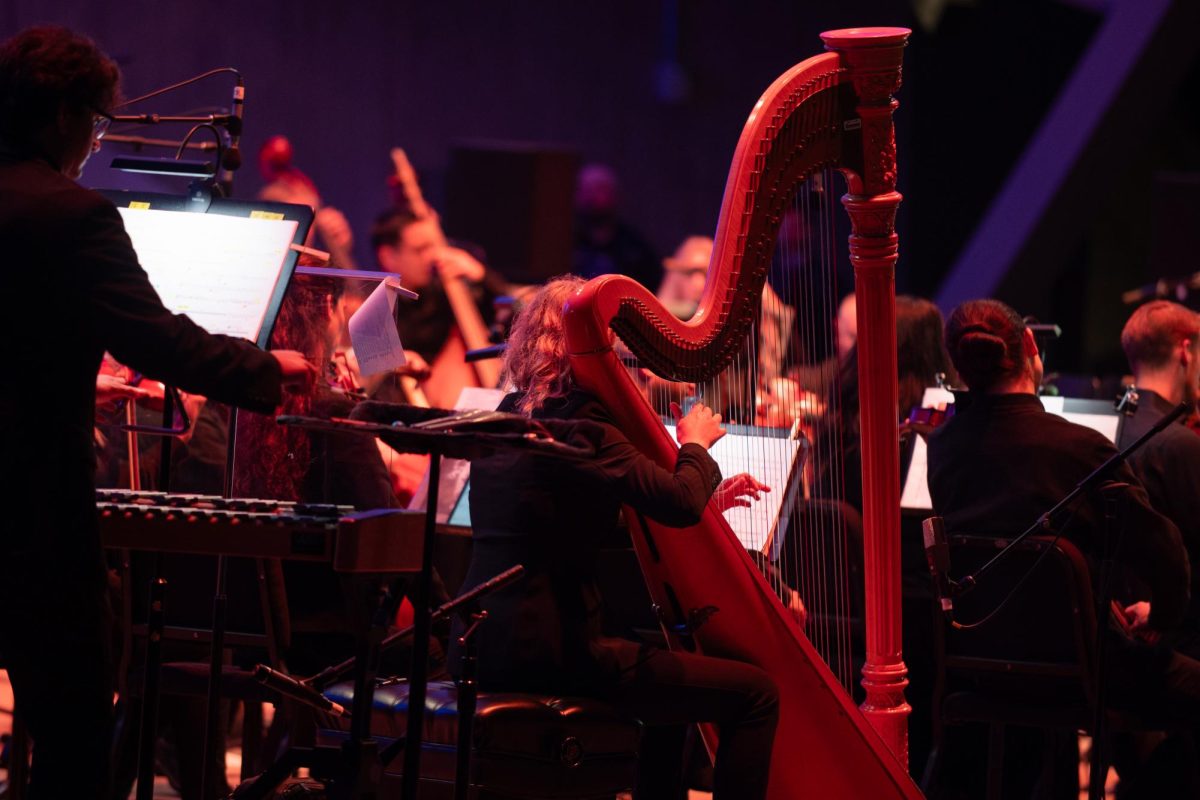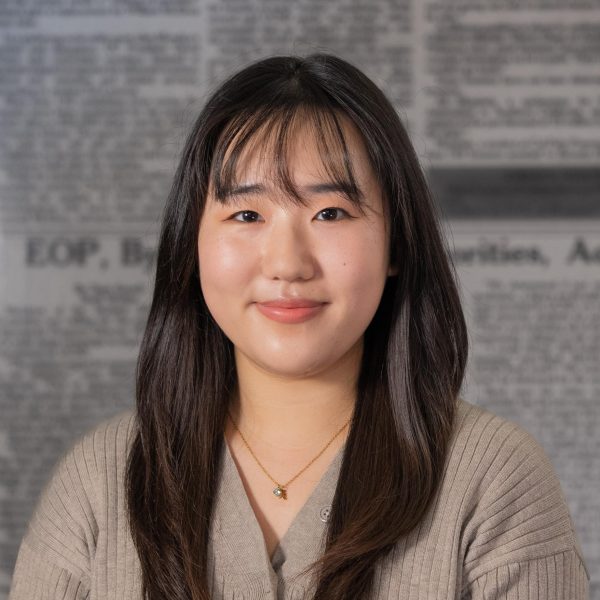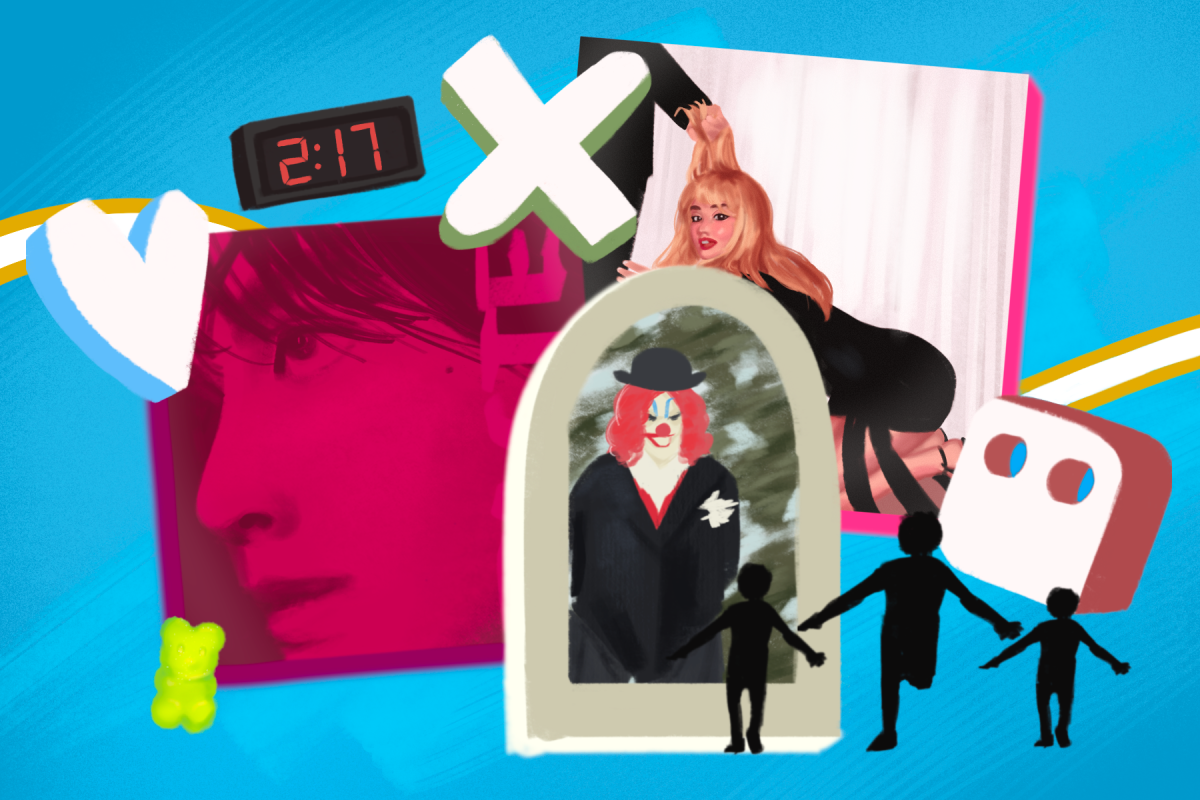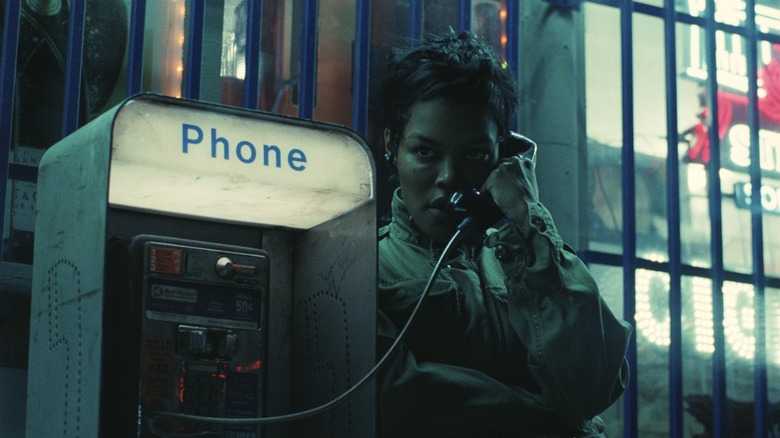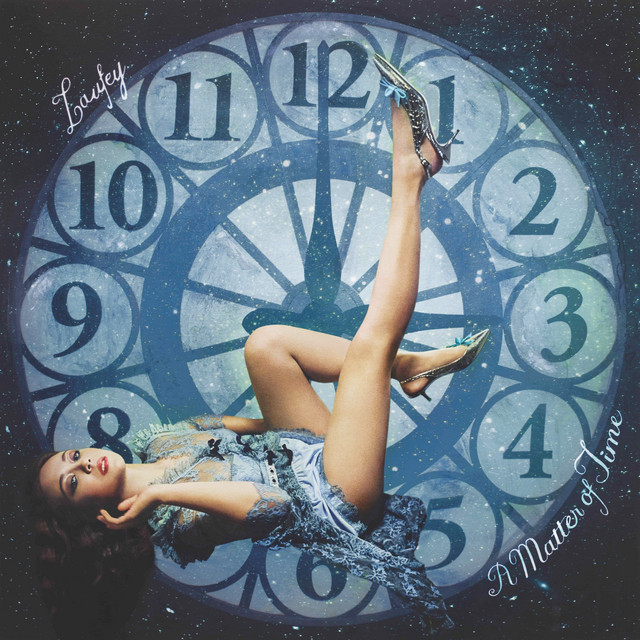On Feb. 1 and 2, the La Jolla Symphony & Chorus had its first concerts of 2025, continuing the celebration of their 70th season. The show featured a phenomenal performance of UC San Diego distinguished professor of music Anthony Davis’ “Notes from the Underground” and the remarkable premiere of “Leaf by Leaf, Dream by Dream,” composed by Nee Commission endowment-awardee Jiyoung Ko. Conducted by the LJS&C’s music director and orchestra conductor, Sameer Patel, the program centered on the relationship between teachers and students, exploring how mentorship plays a crucial role in nurturing the next generation of musicians, artists, and thinkers. I had the privilege of speaking with both Patel and Ko about bringing this concert to life and how the program’s central theme is reflective of their lives.
When it came to this particular ensemble, I was initially struck by the diversity of its members. The musicians all come from various backgrounds and experiences, ranging from college students to trial attorneys to healthcare professionals. Despite these differences, they were a cohesive and harmonious community connected by their love of music. In my conversation with Patel, he noted that the “willingness to experiment” is a product of the diverse minds and hearts that enrich the ensemble’s dynamic. To be in a position where one can “selflessly share what they know with another human being [is] the most empowering feeling,” Patel said. For him, there is nothing “more rewarding and honorable than lifting up another human being” and unleashing this potential through teaching.
The concert was made up of four incredible pieces: the first was “The Death of the Maiden Fevroniya and Pilgrimage to the Invisible City,” a selection from Nikolai Rimsky-Korsakov’s opera, “The Legend of the Invisible City of Kitezh and the Maiden Fevroniya.” This mystical scene portrays the maiden’s journey toward the spiritual realm, and the performance beautifully captures the opera’s ethereal yet dramatic atmosphere. Both cathartic and sensational, the whimsicality of strings and woodwinds combined with the percussion section’s forceful punctuations produced a heart-pounding, climactic experience.
The next piece was composed by Davis, UCSD’s very own distinguished professor. The Pulitzer Prize-winning composer’s piece, “Notes from the Underground,” artistically combines jazz and orchestra for a spunky and playful performance. Blending different harmonies and layered percussion, the piece was reminiscent of dark alleyways on rainy nights, complete with tension lingering in the air like a held minor note. The performance was a stunning display of musical energy and innovation, earning an enthusiastic round of applause from the audience.
The next piece, “Leaf by Leaf, Dream by Dream,” evoked a stirring sensation that flooded my heart with emotion. The piece was composed and performed by Jiyoung Ko, a composer and educator from South Korea who is currently pursuing her Ph.D. in composition at UCSD. She was awarded the highly competitive Thomas Nee Commission for this riveting piece. Inspired by J.R.R. Tolkien’s short story “Leaf by Niggle,” Ko uses the composition to tug at emotions from curiosity to fear to triumph. The sound is transformed into a visceral experience that conveys both tension and tranquility.
Ko masterfully weaves extended instrumental techniques into the piece, such as tapping the bow over the cello’s strings. These techniques stemmed from a collaborative process involving the perspectives of other players in the ensemble, adding a layer of depth and innovation. During this process, Ko “[thought] about the sound first,” before experimenting with various instruments to perfectly match it. She drew from suggestions from her fellow musicians to incorporate intricate details that made the music more than just beautiful sounds: it became an immersive, heart-pounding journey that intertwined emotion and narrative.
Ko explained that narrative and metaphor are central to her creative process. While curating this year’s show, she continuously thought about the atmosphere she wanted to create. She executed her vision flawlessly through daring techniques and sounds. The piece is touching not only in its beauty but also in its ability to evoke and uproot past memories, inviting listeners to reflect on their lived experiences. As Ko put it, “Music and life always go together. They can never be separated” — a sentiment that resonates deeply with musicians and art enthusiasts alike.
The program concluded with a transcendent performance of “Petrushka” by Igor Stravinsky. By finishing off with a piece from Rimsky-Korsakov’s student, this choice circled back to the theme of teachers and students. The piece was divided into four cinematic musical “scenes” that pivoted sharply between calming melodies and robust fanfare. The equivocal conclusion to this piece stunned everyone with its abrupt ending, eliciting quiet gasps and hesitant looks before the auditorium erupted into an applause and standing ovation.
The power of music — to heal the mind or spark inspiration — has an enduring beauty that will never fade. This concert exemplified the profound ability of musical legends, both big and small, to pass on their sacred knowledge to the next generation of passionate learners and talented players. It showcased the ongoing cycle of inspiration, wherein the wisdom of one generation inspires the next to dream, create, and teach. Through my conversations with Patel and Ko, I saw how they too have been shaped by the giants who came before them, and how they are now similarly paving the way for eager minds to follow. I am grateful and overjoyed to have experienced such an unforgettable moment — one that celebrated not only music and pedagogy, but the very essence of life itself.



